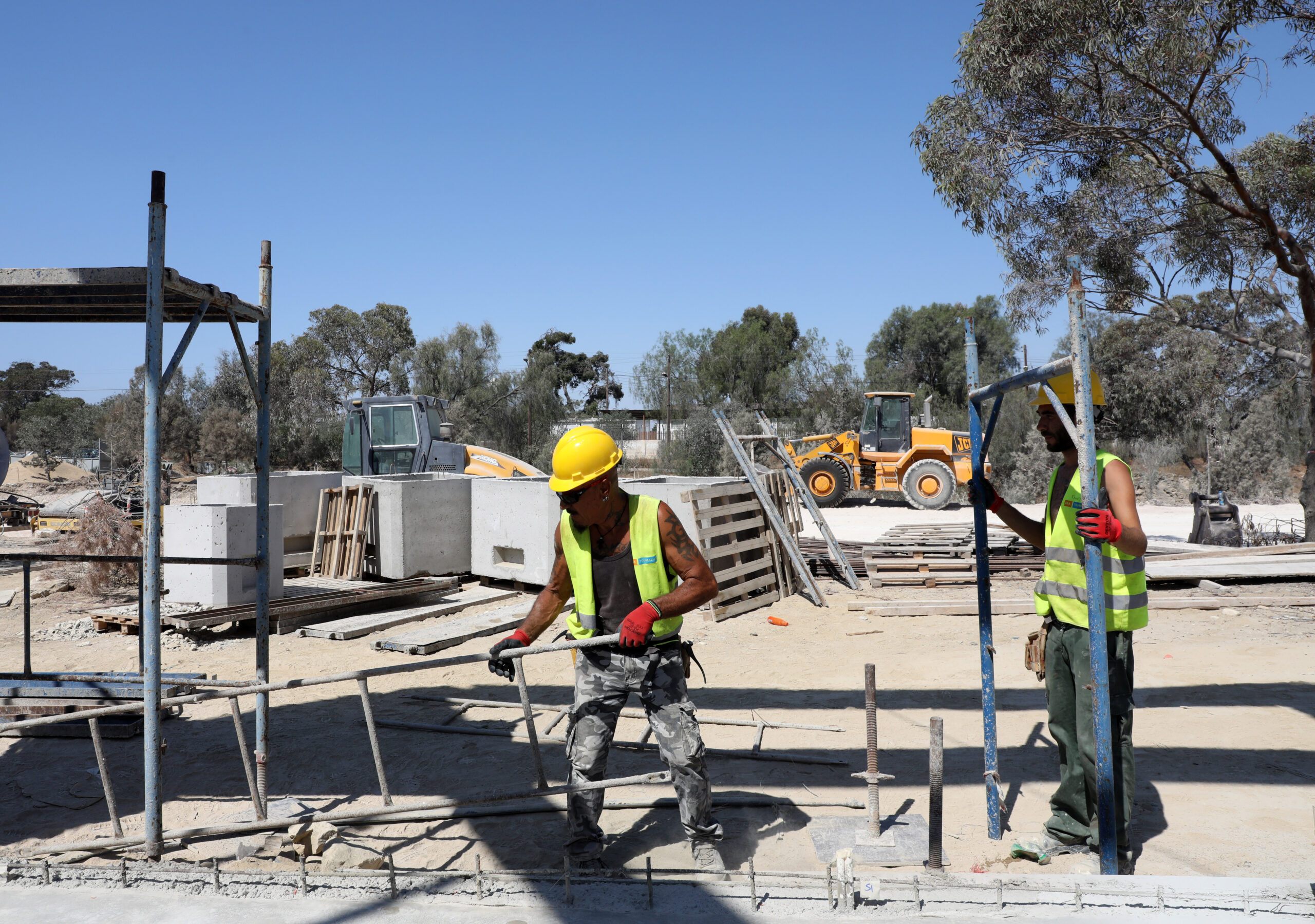Real estate and property development contribute to creating job opportunities and the growth of the Cyprus economy.
Development is controlled by the existing town planning zones, which set certain factors, such as building density, including land use, etc., all of which are reflected in real estate value.
During the 1990s, the overall building density was set at 220% of the land area.
After this, with the revision of the town planning laws, this rate was reduced sharply, which resulted in the lack of interest in real estate development.
This ended with the increase of real estate prices to such an extent that Cypriots could not afford to buy a home or a plot.
Over the past ten years, this administration has introduced several relaxations in calculating the building density, thus achieving its increase.
But still, what we have today is well below the original 220% density.
The rather short-sighted approach is still with us, with the recent introduction of the Paralimni new zones, where the building density for hotels was reduced from 70% to 40%, followed by the so-called incentives, to make development more attractive, which resulted in the upgrading and expansion of the accommodation.
So, increasing the building density helps, provided it is used logically.
But then, for almost every added building density incentive, other restrictions were introduced, such as the requirement of public areas, distance from boundaries and more, almost nullifying the initial incentives.
This yo-yo in decision-making came about due to the reduction of the 220% building density, creating confusion with this short-sighted approach by the Planning Authorities and the government.
By increasing the building density, real estate values also rise.
For this reason, we have suggested the introduction of taxation (20% charge on the increase resulting from the increase in building density value), land which is not developed also to be taxed so that real estate owners are encouraged to dispose of them or to develop.
Our office proposed such approaches over a decade ago.
However, notwithstanding the support that it has received from the market and professionals, it is still not adopted and has not even been discussed.
Objections raised by large landowners, including the Church, halt such a progressive concept.
Unfortunately, the building density is used as a tool to attract votes, both at the lower level of local councils and communities and at the top level of political parties and the ruling government of the day.
Increased building density encourages development, and an example is the upgrading and extensions of hotels and the more imaginative changes, such as the exclusion in the calculation of the building density for covered verandahs, entrance halls, etc.
Yet I still note the non-exclusion of the common areas (such as the corridors of common use), which could provide a more comfortable living for the inhabitants.
Regrettably, there is no single body that understands real estate development in its entirety.
For example, when the government wants to increase the supply of residential units to let (to reduce the increase of residential prices and rents), investors who buy or develop residential units for rent are charged 19% VAT, thus increasing their cost.
I have suggested the 19% VAT should be reduced in such cases to 5% (if for own use).
If the investor disposes of the property within ten years of acquisition, the balance of 14% should be paid retrospectively to the government.
I will continue reminding the government and the Ministry of Interior of these proposals while the abhorrent indifference of parliament and the government regarding the common expenses law remains unworkable.
For these reasons, I have suggested the creation of a Deputy Ministry of the Interior whose exclusive task will be to improve the situation at the Land Registry and relevant procedures and overview the development sector.
With the system as it is today and the indifference shown by most (including the Technical Chamber and property developers), we have no chance for any short-term improvement in this area.
Antonis Loizou, Real Estate Valuer, Property Consultant & Estate Agent










